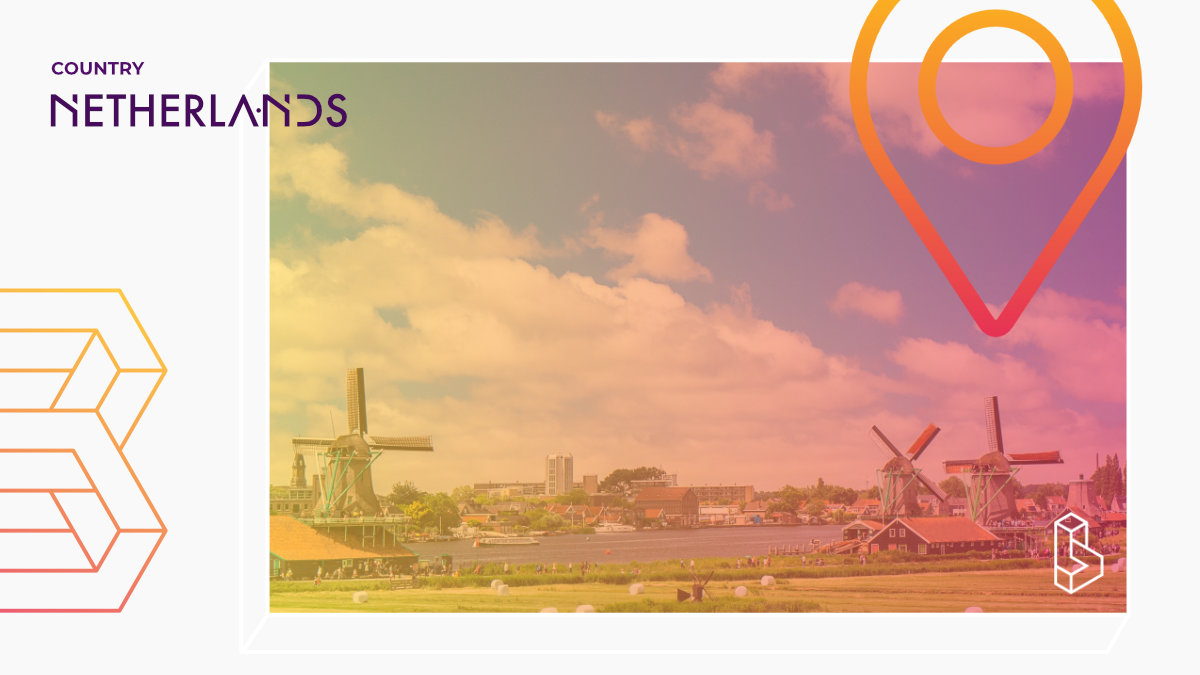In the Netherlands, psychedelic research is ongoing at several universities. The country is considered to have one of the most liberal drug policies in Europe with both cannabis and psilocybin truffles widely available in specialist stores. The Netherlands is home to many psychedelic retreats and organizations like the OPEN Foundation responsible for ICPR.
Psychedelic Research in The Netherlands: A Brief History
Psychedelic research began in The Netherlands during the first era of research in the 1950s and 1960s. C. H. van Rhijn and G. W. Arendsen Hein began administering LSD in tandem with psychotherapy in the late 1950s at the psychiatric clinic Brinkgreven in Deventer and the Salvation Army clinic Groot Batelaar in Lunteren, respectively. Famed Dutch psychiatrist Jan Bastiaans is reported to have treated around 300 patients with hallucinogens, mainly with success, he claimed, until his retirement from the Jelgersma clinic of the University of Leiden in Oegstgeest in 1988. As is the case with many countries, the socio-political setting in The Netherlands and the world over in the 1960s led to the majority of psychedelic substances becoming illegal in the country.
Psilocybin mushrooms remained legal in the country until 2008, when a person reportedly jumped out of a window while under the influence of mushrooms. The political backlash saw a list of psilocybin mushrooms banned under new legislation, all while psilocybin truffles remained legal. Pure extractions of psychedelics (eg. psilocin, mescaline, DMT), and ayahuasca are illegal even for religious use. However, psychedelic cacti, 5-MeO-DMT, iboga and the like are all widely available.
Psychedelics in The Netherlands Today
Given the more liberal policies surrounding psychedelic drugs in The Netherlands, research on these substances is underway at many of the country’s institutions. One of these institutions is Maastricht University. At the psychopharmacology department, early research was focused on (the dangers of) MDMA. Now, other research is ongoing into cannabis, microdosing, and novel psychoactive substances (NPS). The work of researchers like Kim Kuypers, Johannes Ramaekers and Natasha Mason is known worldwide. These researchers at the rest of the team in Maastricht are working with Silo Pharma and the Becklely Foundation.
While Leiden University doesn’t have a dedicated research centre for psychedelics, several staff members from their medical centre and psychology faculty are working with psychedelics. Researchers at the university are working in cooperation with other Dutch universities, including, Utrecht University, and companies such as COMPASS Pathways.
Key Organisations
The OPEN Foundation is the largest non-profit operating in the psychedelic space in the Netherlands. Since its founding in 2007, OPEN has organized numerous psychedelic conferences in the country. Every two years, OPEN hold the Interdisciplinary Conference on Psychedelic Research (ICPR) in Haarlem, focusing on academic research in the field. The Foundation aims to integrate the benefits of psychedelics into science, healthcare, and society. OPEN also operates from a set of core values that act as guiding principles for decision-making.
Explore more info with a membership (any level)
🧑 Which companies & people work with psychedelics in Netherlands
🔬 Trails & conferences taking place in Netherlands
📈 In-depth psychedelic reports (Sprout & Tree)

